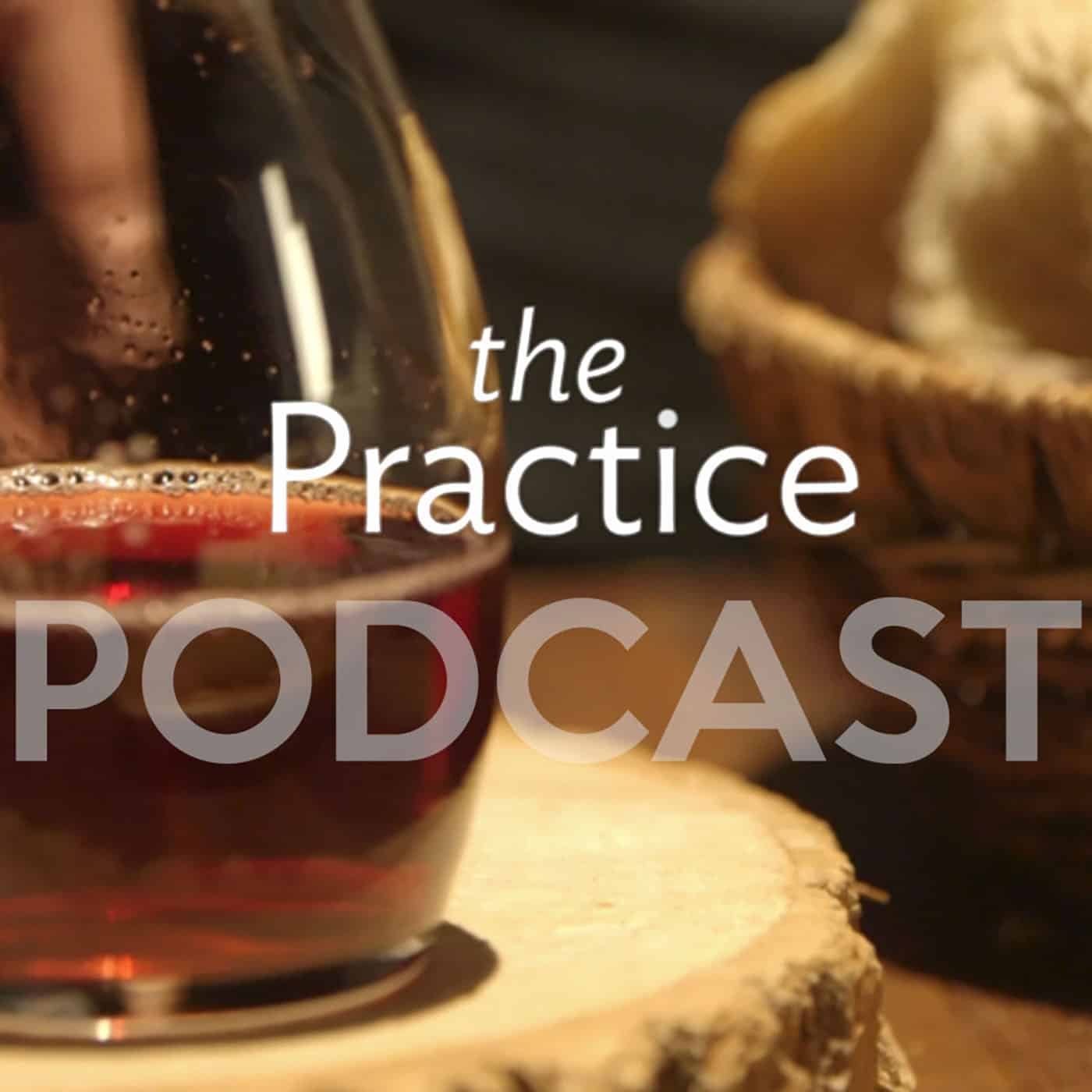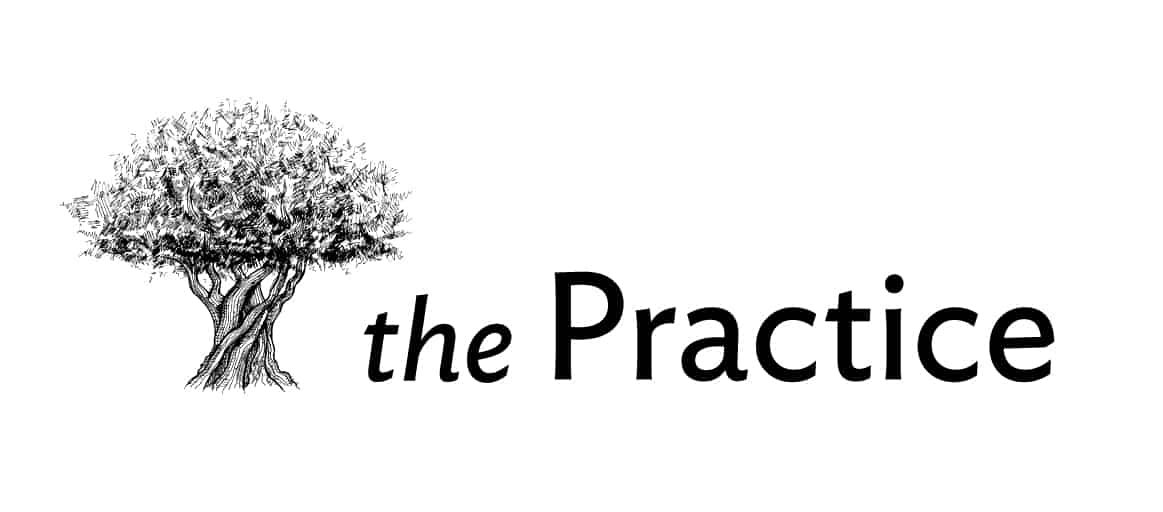
Listening
Books
Teachings
LOVE AND INCARNATIONAL LISTENING
The Practice | Ian Simpkins
Ian Simkins concludes our “Love and…” series. Ian reminds us that love begins with listening, the kind of listening that not only hears others but is incarnationally present to them.
Who is God inviting you to listen to incarnationally this week?
THE LITURGY OF POLITICS: COMMUNITY
The Practice | Jason Hitchcock
We are being formed by our political engagement. In our journey this month, we hope to begin recognizing the ways we are being shaped by our political culture, and we will seek to embrace the alternative way of Jesus. What if our formation in Christlikeness was obvious in the way we engaged politics?
This week, we explored the counter-formational practice of community. Jason Hitchcock invited us to consider the different teachings of Jeremiah and John, and discern which we should follow in particular political issues. When is it right to follow Jeremiah and settle into the culture, praying for it to prosper? (Jeremiah 29:4-7) And when is it right to follow John’s instruction to “come out” of culture and stand against its sin and injustice? (Revelation 18:2-5) To guide our discernment, we asked, “Who do we hope to be as a community?” Together we discerned we want to be a different community, a community who listens with curiosity, loves with grace, and shares the peace of Christ with all who need it.
Practices
AN INVITATION TO LISTEN (TO THOSE WITH WHOM WE DISAGREE)
We live in a world that does not encourage us to be kind to those with whom we disagree. At best we avoid them, choosing to limit ourselves to more agreeable relationships. At worst, we vilify and even dehumanize those with opposing opinions. Sometimes our attitude is directed toward specific people; other times it is how we think and talk about the general group of people on “the other side.” But this is not the way of Jesus. He teaches us to go the extra mile and turn the other cheek. (Matthew 5:38-42)
This kingdom practice flows out of our time of worship together on September 11, 2022. We recognize politics is the prominent area of our struggle to love those with whom we disagree. We want to be a different community, a community who listens with curiosity, loves with grace, and shares the peace of Christ with all who need it. And we are seeking to live this out as we make space this week to listen to those with opposing viewpoints.
The intention of this practice is not to sway someone to our way of thinking. We want to listen with honesty and curiosity. Why do they think the way they do? What is the value, desire, or emotion behind their opinion? The intention of this practice is to help us see those with opposing views in a new light. As we listen, can we see them as the beloved bearers of God’s image that they truely are?
Additional Resources
LISTEN TO MY LIFE
LISTEN TO MY LIFE is a unique visual tool that becomes an on-ramp to conversations with yourself, God, and trusted others in reviewing your past, assessing your present, and continuing to joyfully and courageously walk with God into your future. The goal is to help you recognize and respond to God in the midst of your story.
Click on the link below to learn more and to download a free Introductory Booklet.
3-WAY LISTENING HANDOUT
One Life Maps | Sharon Swing, Sibyl Towner, Susan Shadid
Far from the ordinary conversation over coffee or the banter of a small group, the experience of 3-Way Listening is focused and intentional. It requires that the listener be aware of some simple, yet profound truths about a deeper kind of listening.
Listening is an act of loving submission to God and to another person.
Listening allows a person to hear him or herself, and hear God while feeling accepted and loved.
Listening is not about offering advice or fixing another person’s problems.
As you, the listener, present yourself as an available tool for use in the hands of God, he may choose to use your presence to assist the speaker in receiving clarity, guidance, or healing.
Sibyl Towner and Susan Shadid call this kind of listening 3-Way Listening. They have been teaching it for years in the context of teaching people to become spiritual mentors or spiritual friends.
GUIDELINES FOR LISTENING HANDOUT
One Life Maps | Sharon Swing and Sibyl Towner
As people tell their stories to one another in the Listen to My Life experience, many gain clarity, trace unhealthy patterns to their source, sense receiving guidance from God, come out of hiding, sense God’s love, are ambushed by grace, or experience healing. God is faithful to show up and do just what is needed in each person’s heart. So, why is this deeper experience different from what happens elsewhere? How can it be that we miss sensing his presence among us so easily in the normal course of conversation and in our everyday lives?
We've come to believe that the way we listen to one another and with one another is what makes the difference.
The normal course of conversation in our lives does not leave much room to pay attention to God, let alone space to hear ourselves express the deeper stirrings of our souls. The simple Guidelines for Listening help us to invite the Holy Spirit to move among us, and keep the listeners out of the way of whatever work he intends to do. The guidelines are set up to provide the kind of safety that allows the soul to come out of hiding. So, the listener's role is to actively create an environment of safety - and most of the time that means doing less rather than more.
SUPPOSE WE ALL PRESUPPOSED?: APPLYING THE IGNATIAN PLUS-SIGN IN EVERYDAY LIFE
Conversations Magazine | Michele C. Murray
Known colloquially as “the Ignatian plus-sign,” the Presupposition is St. Ignatius’ first instruction to spiritual directors and retreatants in his singular contribution to Christian spiritual life, the Spiritual Exercises.
In the version translated by George E. Ganss, S.J., the Presupposition reads:
“…it should be presupposed that every good Christian ought to be more eager to put a good interpretation on a neighbor’s statement than to condemn it. Further, if one cannot interpret it favorably, one should ask how the other means it. If that meaning is wrong, one should correct the person with love; and if this is not enough, one should search out every appropriate means through which, by understanding the statement in a good way, it may be saved.”
These are rather straightforward instructions for the spiritual director and retreatant to seek and maintain mutual respect:
Be eager to see the good. Ask clarifying questions. Correct with love. Endeavor toward mutual understanding.







